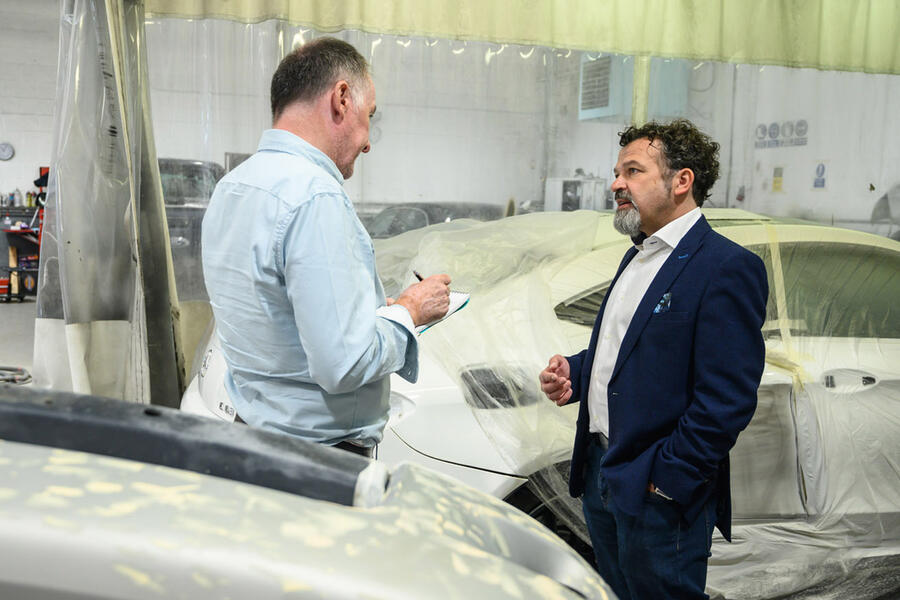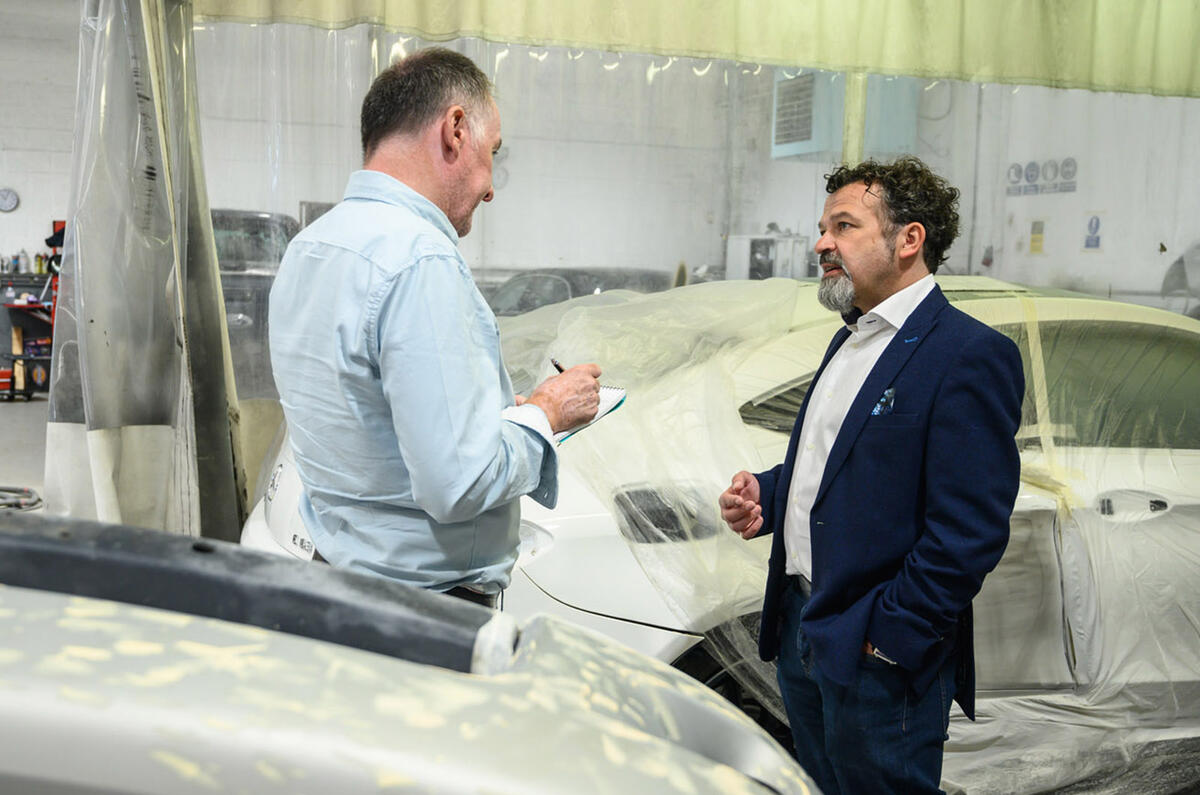Remember Sally Cockburn? She was featured in Autocar in March after successfully resisting her insurer’s attempts to write off her Nissan Micra.
Cockburn appealed its decision, enlisting the support of local mechanic Colin Mullan, who put right the damage to her car by pulling out the Micra’s wing and resetting the car’s front suspension geometry. Job done: the insurance company reclassified the Micra from a Category B write-off, meaning it could never go back on the road, to a Category N, meaning she could drive it once again. They also sent her a settlement cheque for £2528.
“I’m happy now,” she said, “but I wonder: do insurers often try to force motorists to accept their car is fit only for the crusher when it isn’t?”
According to Tim Kelly, a former insurance assessor who represents motorists in dispute with insurers, they do. In fact, he says, Cockburn’s experience is the tip of the iceberg in terms of the obstacles insurers place in the path of their customers.
“I worked in the insurance industry for 15 years, but in 2014 a light went on when I realised everything I’d learned was wrong,” he says. “I saw an industry that was defrauding its customers and under-compensating them. I saw insurers lacking transparency in how they calculated premiums and unfairly rejecting claims.”

A survey by YouGov, a research company, backs Kelly’s claims. It found that many motorists don’t trust their insurer to pay out a legitimate claim. Kelly isn’t surprised.
“You might assume insurers make their money from selling insurance but, until the 2008 crash, they made most of their income from investing premiums. The crash hit them hard so that now they will do everything possible to reduce payouts.”
The Association of British Insurers rejects Kelly’s claims. A spokesman said: “Motor insurers remain committed to providing the best possible service to their customers. This includes fair and speedy claims settlements, ensuring safe vehicle repairs done by reputable repairers, and managing costs to ensure that UK motorists benefit from competitively priced motor insurance.”
Whatever the truth, Kelly’s experience led him to set up Motor Claim Guru, a company that, he says, helps motorists obtain fairer treatment from insurers. Here are five of the most common complaints it receives.
Disputed valuations













Join the debate
Add your comment
His efforts to help motorists get fair treatment from insurers are a blocky blast of hope for many